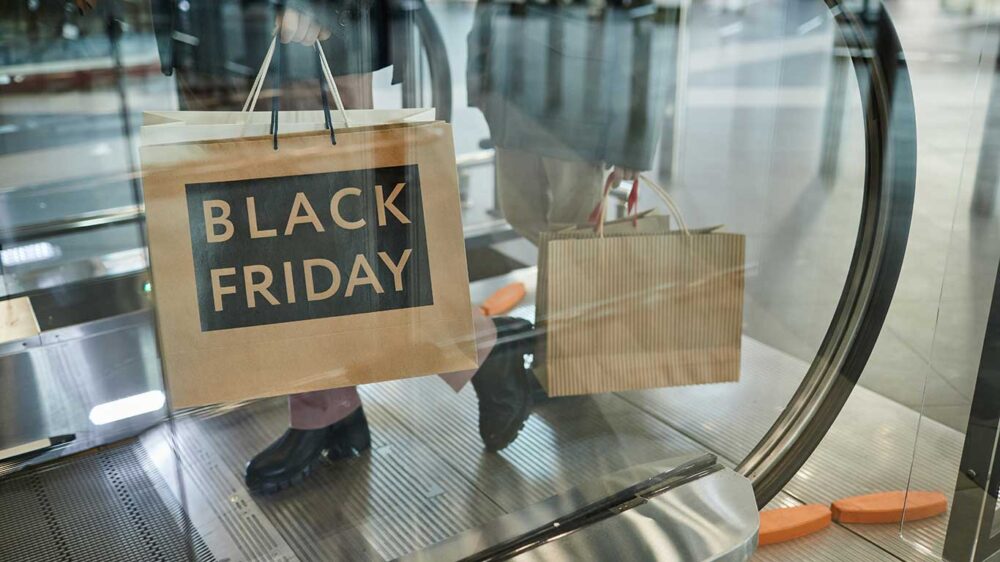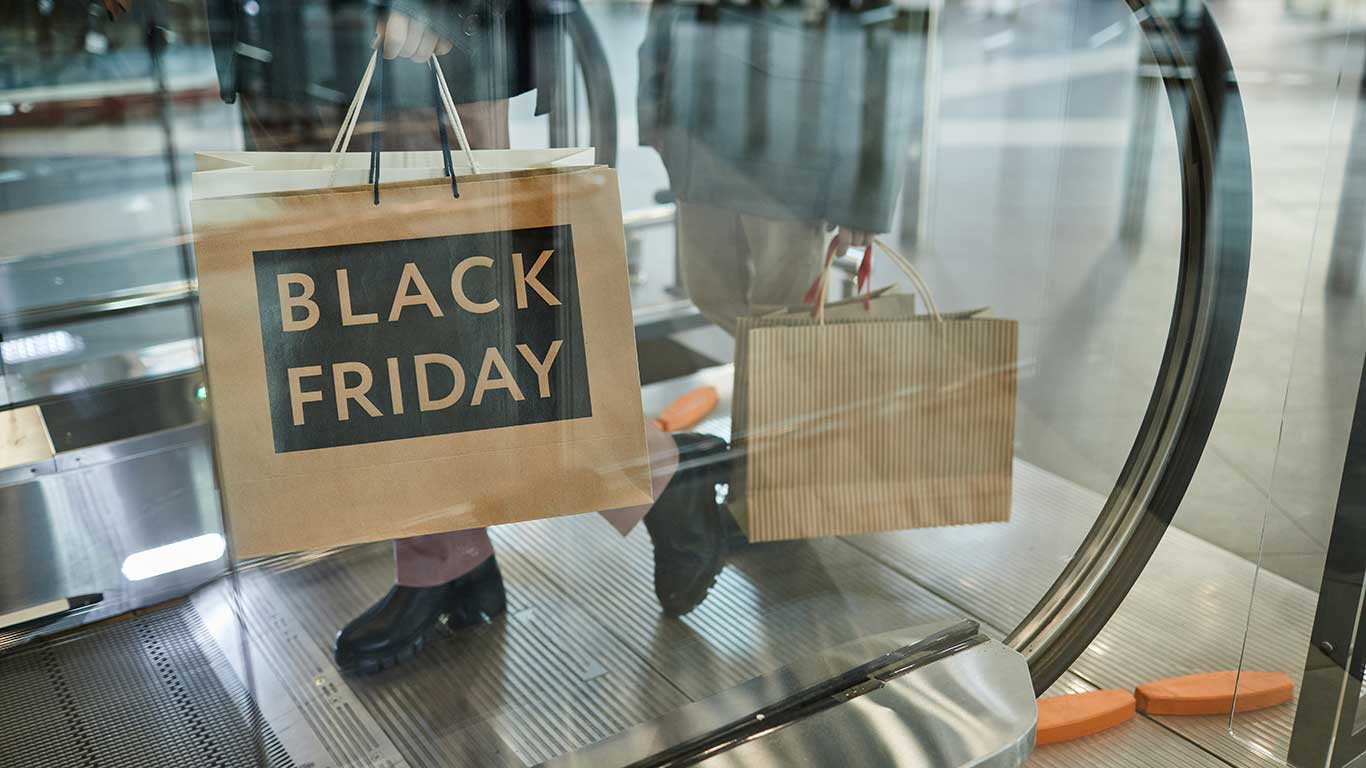Black Friday, a shopping event that originated in the United States, has increasingly become an integral part of the UK retail landscape. Originally coined in Philadelphia during the 1950s to describe post-Thanksgiving traffic congestion, the term has evolved to signify a period where retailers’ accounts transition from ‘in the red’ to ‘in the black’.
In the UK context, Black Friday originally referred to the Friday before Christmas, notable for office parties. However, its commercial significance surged following Amazon’s introduction of Black Friday deals in 2010. Walmart-owned Asda’s participation in 2013 further catalyzed its adoption across UK retailers, becoming widespread by 2014.

The initial years of Black Friday sales in the UK were marked by dramatic scenes of long queues and physical altercations in stores. Consumers, eager to capitalize on significant discounts, often arrived at stores in the early hours, forming extensive queues that sometimes stretched around blocks. This anticipation frequently boiled over into chaos as doors opened, with reports of scuffles and disputes over products. In some instances, these confrontations required intervention by store security or even the police, highlighting the intensity of the situation.
These incidents were not isolated to a few retailers but were a widespread phenomenon across the country. Major department stores and electronics retailers, in particular, witnessed some of the most intense customer altercations, underscoring the high demand for discounted consumer goods. The allure of substantial savings on electronics, home appliances, and fashion items seemed to override typical British decorum, leading to unexpected and unprecedented scenes in retail settings.
The intensity of these physical confrontations and queues during the early years of Black Friday in the UK raised several concerns. Retailers faced criticism for not adequately preparing for the influx of customers and failing to ensure safety and order in their stores. There were also broader discussions about consumer culture and the ethics of promoting such frenzied buying behaviour.
In response to these challenges, many UK retailers began reevaluating their Black Friday strategies. This led to the introduction of more robust crowd management techniques, including ticketing systems, staggered entry times, and increased security measures. Additionally, the rise of online shopping offered an alternative that many consumers and retailers eagerly embraced.
The economic influence of Black Friday in the UK is substantial. Recent statistics highlight spending surpassing £10 billion, with retailers like Argos and John Lewis experiencing significant impact on both brick-and-mortar and online sectors.
Despite its popularity, UK consumer attitudes towards Black Friday have been evolving. Research reveals a 15% decrease in engagement from 2019 to 2021, accompanied by an 8% increase in negative sentiment. These changes are frequently linked to scepticism over the authenticity of discounts and a general weariness towards the event.
In response, retailers are modifying their strategies. They are now emphasizing credibility and innovative advertising to connect with an audience that is showing diminishing interest. Additionally, a trend is emerging where consumers are increasingly purchasing for personal use rather than for gifting, indicating a potential new direction for retailers.
Future projections indicate a change in the Black Friday landscape in the UK. Estimates for 2023 foresee a dip in spending to around £3 billion, partly due to the cost of living crisis and inflation, which are prompting cautious consumer spending. However, a significant portion of the population, particularly younger consumers, remains attracted to these sales events.
Despite a growing trend of scepticism and careful expenditure, it continues to be a major influencer in the sector.
Retailers have expanded Black Friday beyond a single day. For instance, AO.com offers week-long deals, while Argos extends its sales to 13 days. This shift from the traditional one-day event allows consumers more time to make informed decisions and helps retailers manage store overcrowding and website traffic surges more effectively. Retailers like House of Fraser and The Body Shop are optimizing search terms and offering bundle deals, whereas River Island and Boots are focusing on online shopping with daily deals.
Sustainability concerns and global economic trends are other critical factors that could reshape Black Friday in the UK. As consumer awareness and concern about sustainability grow, retailers could respond by offering more eco-friendly products or sustainable shopping options during Black Friday sales. This shift aligns with the growing demand for responsible consumption. This might impact the types of products offered, their pricing, and even the timing of sales events.
The landscape of Black Friday in the UK is at a pivotal juncture. Its future is being shaped by a mix of changing consumer behaviours, technological advancements, sustainability concerns, and global economic trends. Both retailers and consumers will need to adapt to these evolving dynamics to ensure that Black Friday remains a significant and beneficial event in the retail calendar.
















